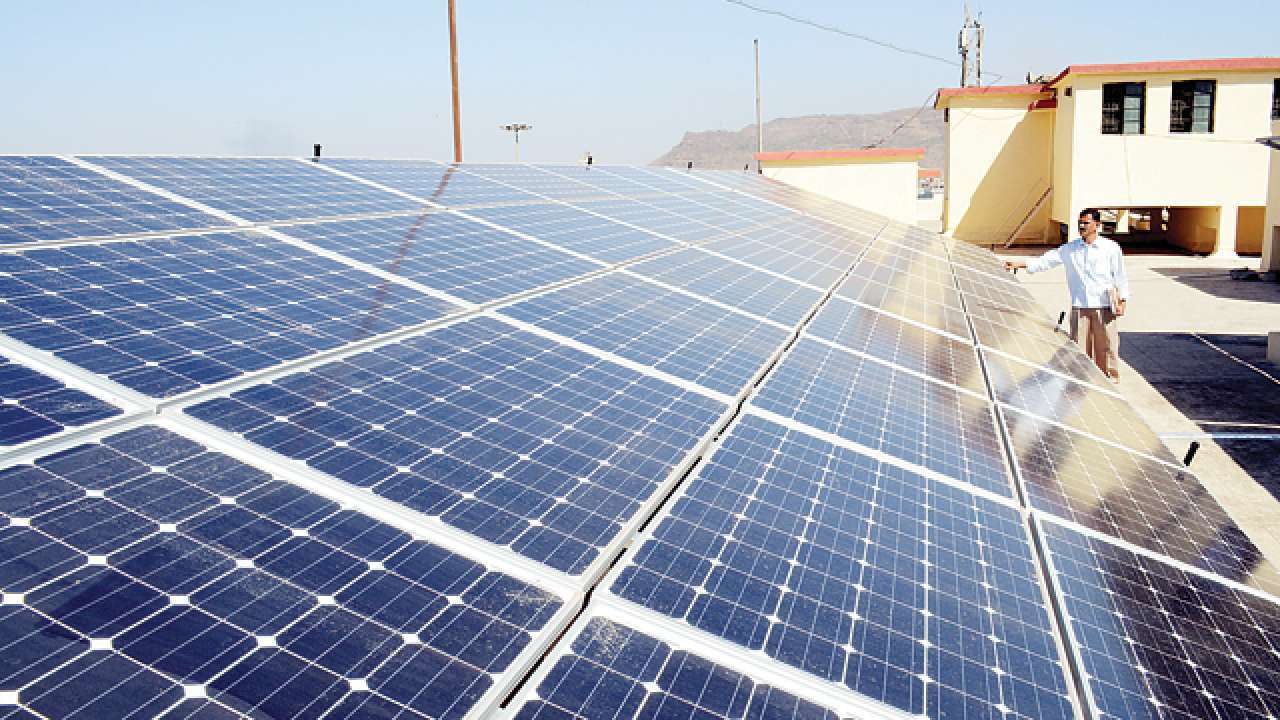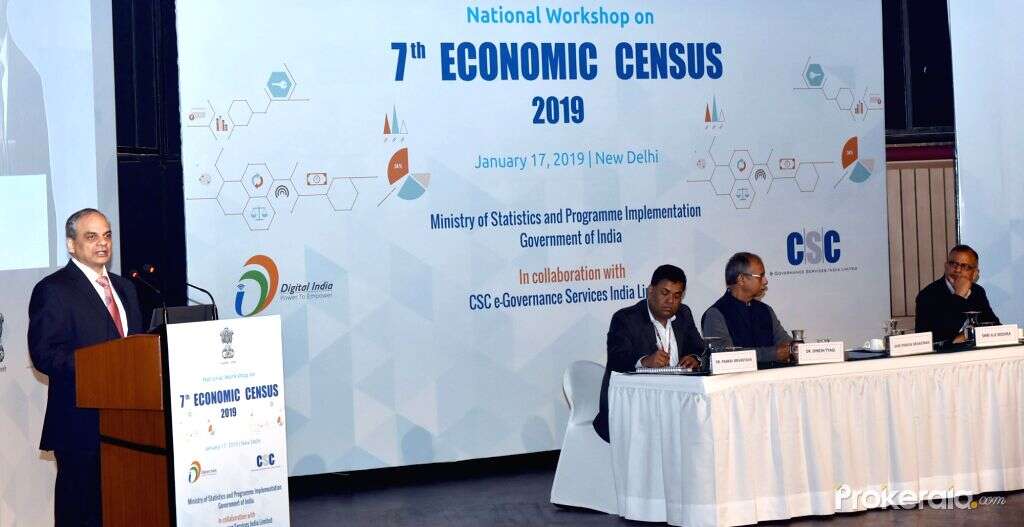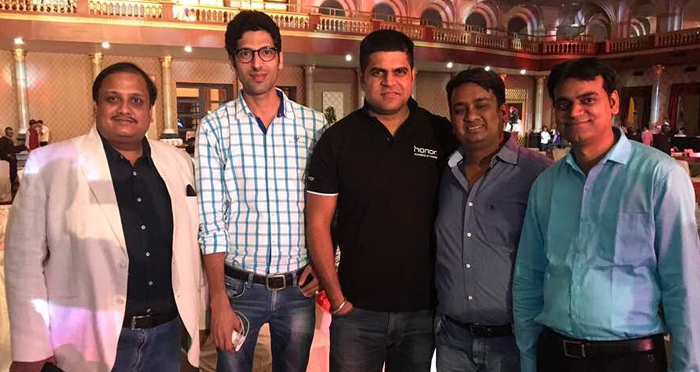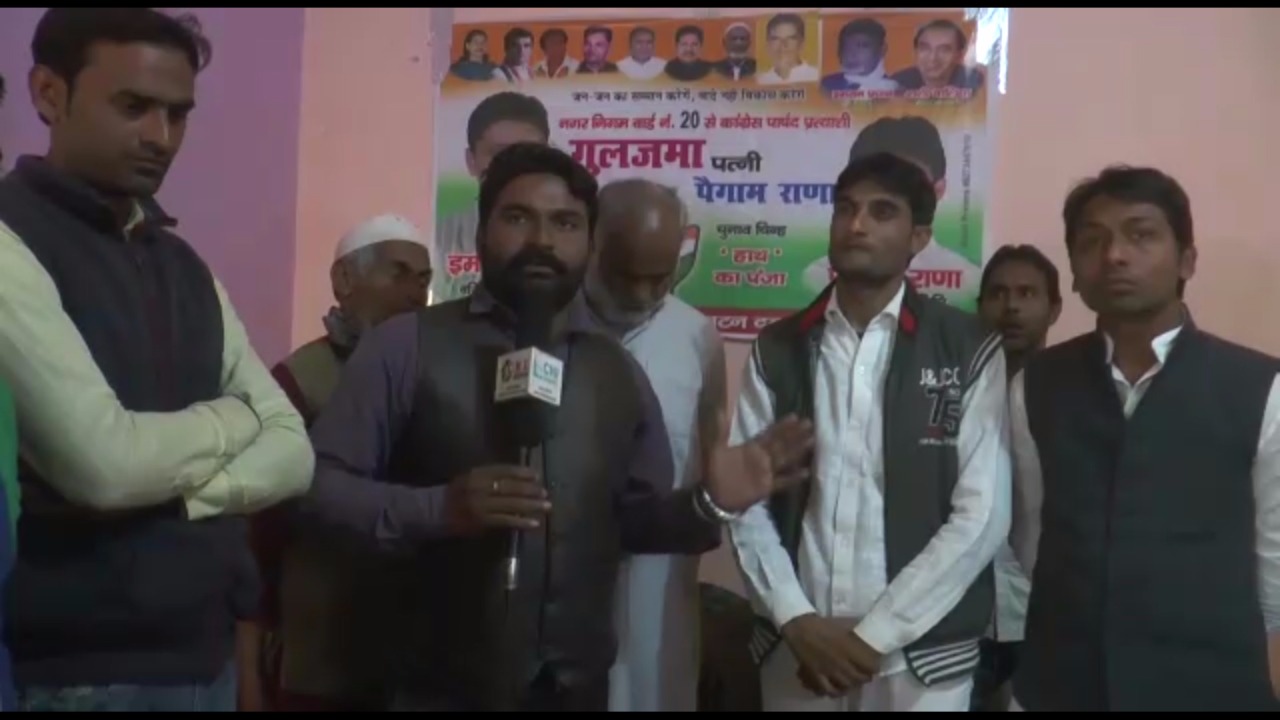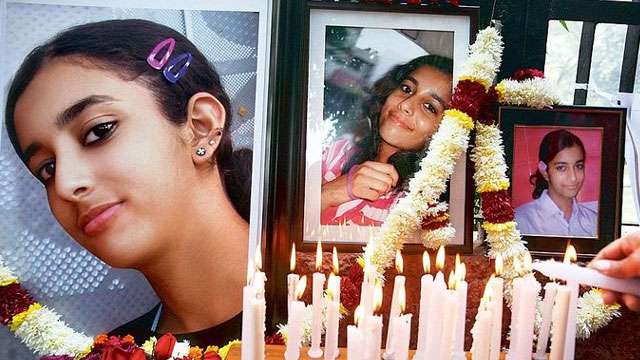India has failed to comply with a World Trade Organization ruling on solar power, the United States will tell the WTO’s dispute settlement body (DSB) next month, triggering a fresh round of litigation, according to an agenda issued on Wednesday.
Renewable energy has become a hot area of trade friction as major economies compete to dominate a sector that is expected to thrive as reliance on coal and oil dwindles.
India unveiled its national solar programme in 2011, seeking to ease chronic energy shortages in Asia’s third-largest economy without creating pollution.
But the United States complained to the WTO in 2013, saying the programme was discriminatory and U.S. solar exports to India had fallen by 90 percent from 2011.
The United States won the case last year, when WTO appeals judges ruled India had broken the trade rules by requiring solar power developers to use Indian-made cells and modules.
Such “local content” requirements are banned because they discriminate in favour of domestic firms and against foreign competitors.
Under an agreement with the United States, India had until Dec. 14 to comply with the ruling and it told the DSB last week that it had done so.
“Indian authorities have held extensive internal stakeholder consultations since the adoption of the rulings and recommendations of the DSB to fully comply with them,” India said in its statement to the DSB.
“Accordingly, in compliance with the findings and recommendations of the DSB in this dispute, India has ceased to impose any measures as found inconsistent in the DSB’s findings and recommendations.”
But an agenda for the DSB’s next meeting on Jan. 12 showed the United States plans to raise the dispute again, citing WTO rules on non-compliance with trade rulings.
If India is found not to have complied, Washington could ask the WTO for permission to impose trade sanctions on India. But the WTO dispute system is struggling to process a large number of highly complex disputes, so the legal process is likely to continue for a year or more.




